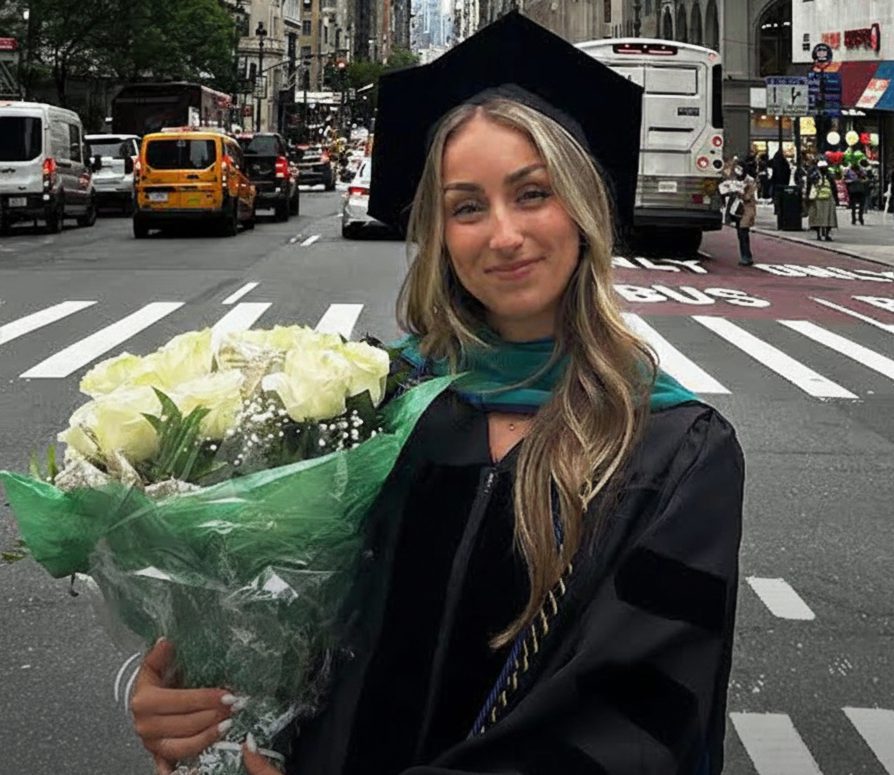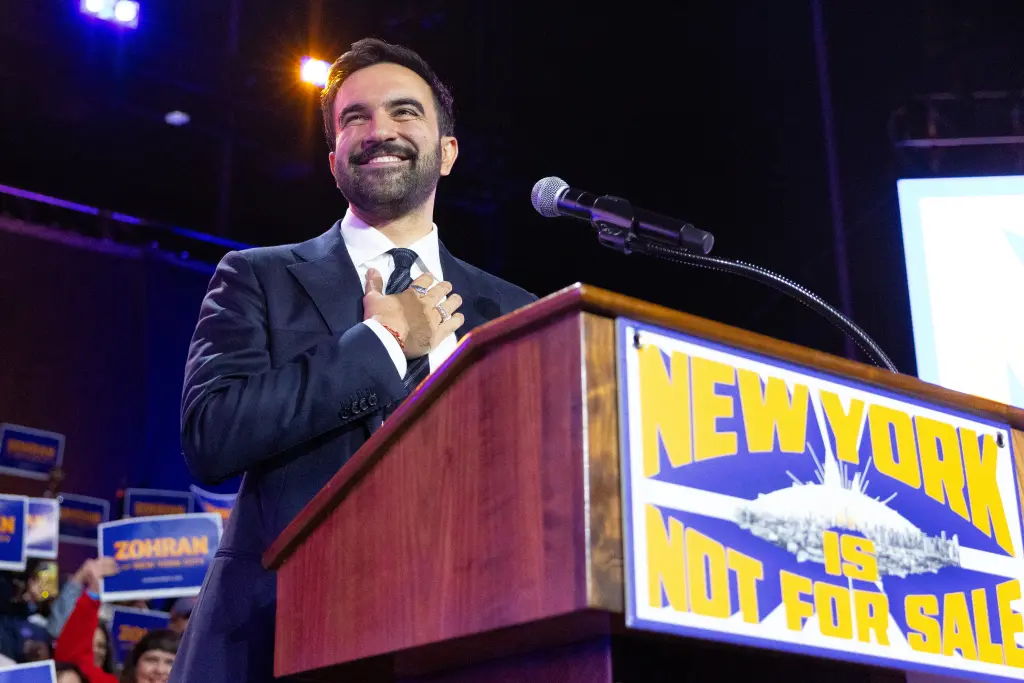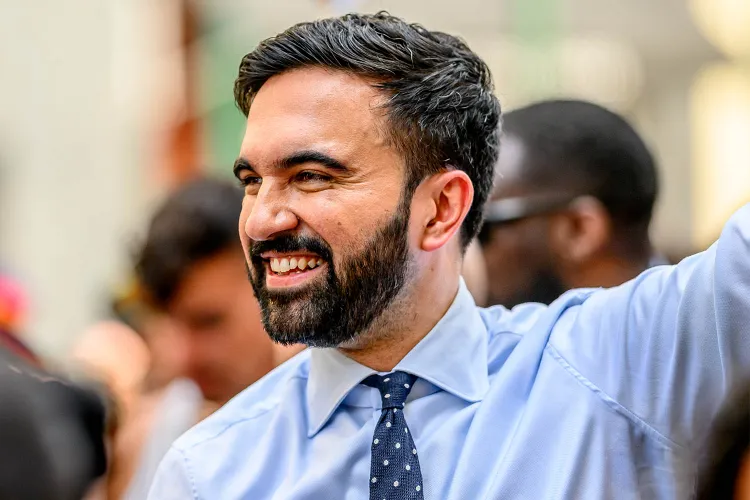She Was Just 2 When Her Mom’s LASIK Surgery Went Terribly Wrong — and That Painful Experience Inspired Her to Become an Eye Doctor
Sometimes, a single moment in childhood — even one you don’t fully understand at the time — ends up shaping the course of your entire life. For Julianna Dolinski, that moment came when she was only two years old. Her mom, Barbara, went in for what was supposed to be a routine LASIK eye surgery, something millions of people do every year to see clearly without glasses. But instead of a success story, it turned into a life-changing struggle that would eventually inspire Julianna to dedicate her own life to helping others see the world clearly.
After the surgery, Barbara began experiencing unexpected problems. What was meant to improve her vision left her barely able to see at all. Her doctors told her she had developed a rare complication known as post-LASIK ectasia, a condition where the cornea becomes weak and irregular, causing blurred and distorted vision. It’s something that can’t be fixed with glasses or contact lenses, and back then, there were few treatment options available. Barbara’s world became hazy — literally and emotionally — as she tried to navigate life with her vision deteriorating instead of improving.
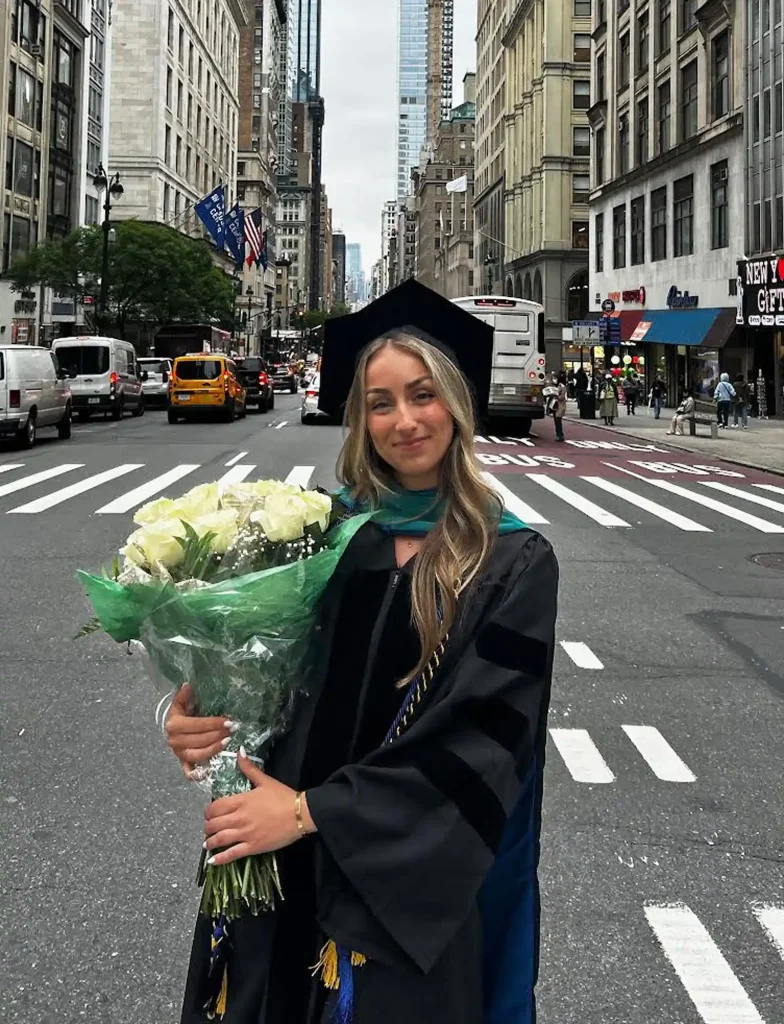
For little Julianna, her mom’s experience became part of the background of her childhood. She grew up watching Barbara adapt to a new reality, where even simple tasks like reading or driving became difficult. She saw the frustration, the medical appointments, the hope that would rise and fall with every new consultation. Even at a young age, Julianna could sense that something profound had happened — something that had taken a toll on her family but also lit a quiet spark in her heart.
Years later, when Julianna was old enough to start thinking about her own future, that spark became a calling. She decided to pursue a career in optometry, determined to understand the eyes better than anyone and to make sure other families wouldn’t have to go through what hers did. Her journey wasn’t easy, but it was fueled by purpose. Every late-night study session, every exam, and every internship was personal — because for her, this wasn’t just a career. It was redemption, compassion, and love combined into one goal: helping people see clearly again.
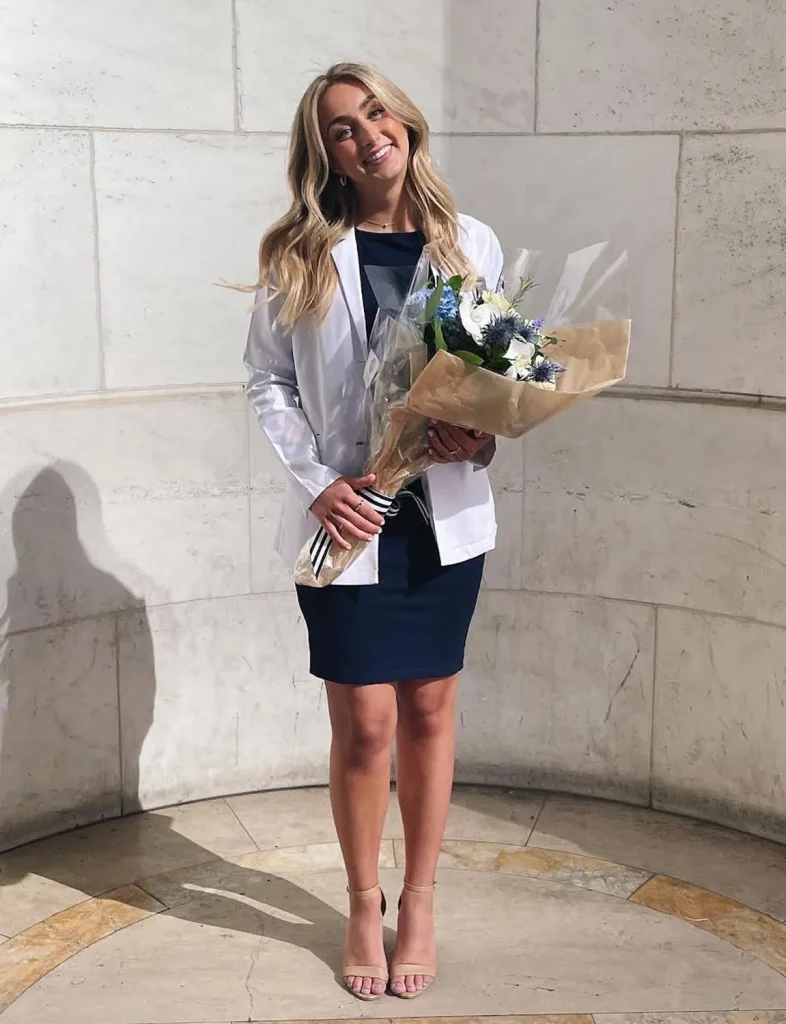
When Julianna finally earned her Doctor of Optometry degree, standing on stage in her graduation gown, holding flowers with tears in her eyes, it wasn’t just her achievement. It was her mom’s, too. Barbara’s experience — painful as it was — had created something beautiful: a daughter whose empathy and drive were shaped by watching her mother’s resilience.
In interviews, Julianna has said that she never resents what happened to her mom. Instead, she sees it as the foundation of her passion. “I grew up understanding how much vision impacts every part of your life,” she shared. “Seeing my mom’s challenges made me want to dedicate my life to helping people protect and restore their sight.”
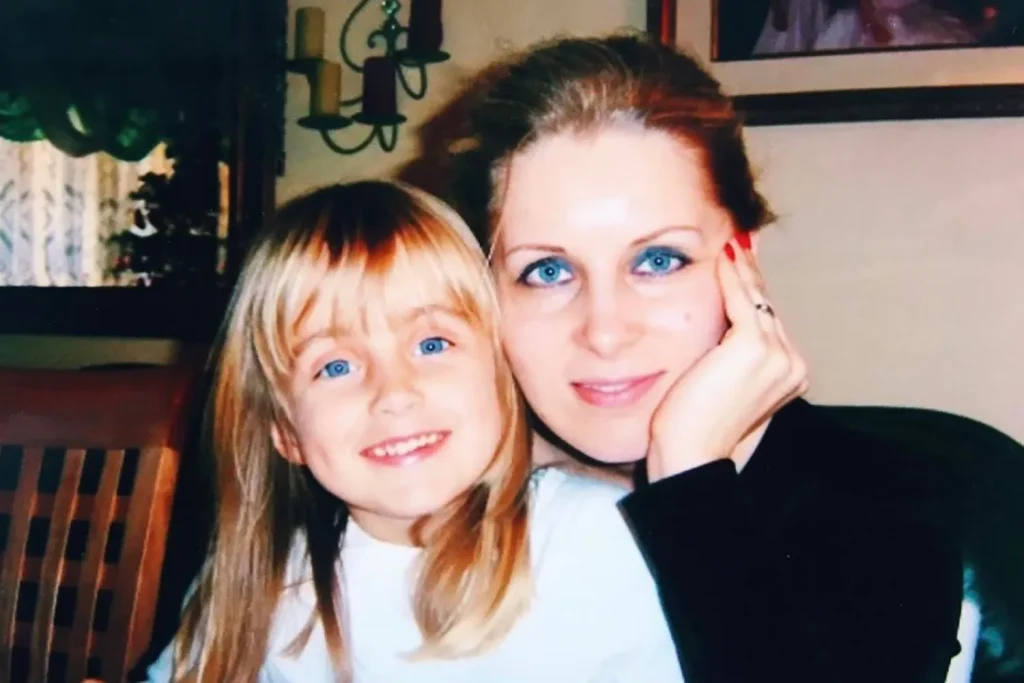
Now, Julianna works with patients every day, bringing not only medical expertise but also deep emotional understanding. She knows firsthand how much trust people place in their doctors, especially when it comes to something as precious as their eyesight. And she never forgets that her own story began with a failed procedure that could have broken her family — but instead, became the reason she found her purpose.
Barbara’s condition is now managed with modern treatments that weren’t available two decades ago, and she remains her daughter’s biggest supporter. Together, their story has become one of hope, healing, and perseverance — proof that even painful experiences can lead to something meaningful when met with love and determination.
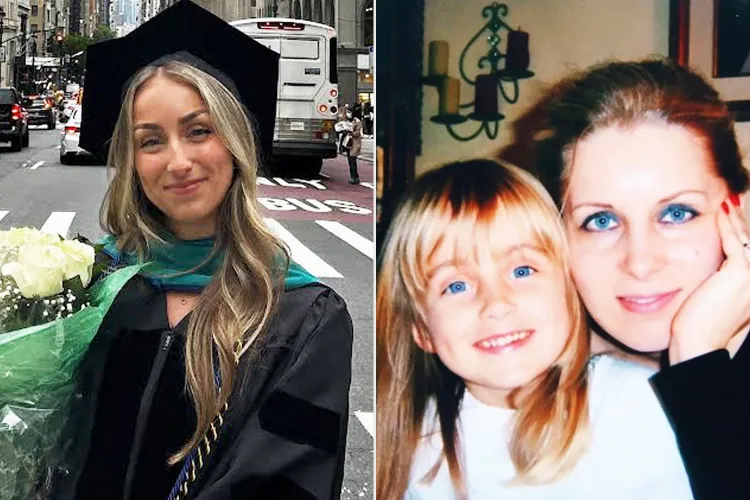
In a world where medicine can sometimes feel cold or distant, Julianna’s journey is a reminder that behind every doctor is a story — a reason they chose to dedicate their lives to helping others. For Julianna Dolinski, that reason will always be her mom, and the day a surgery didn’t go as planned but changed everything for the better in the long run.
